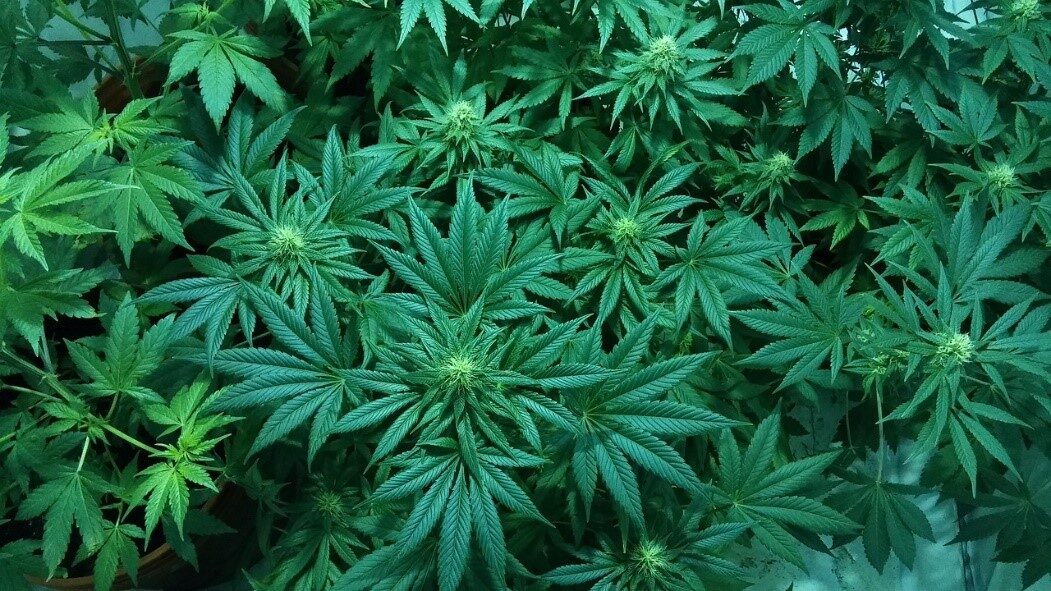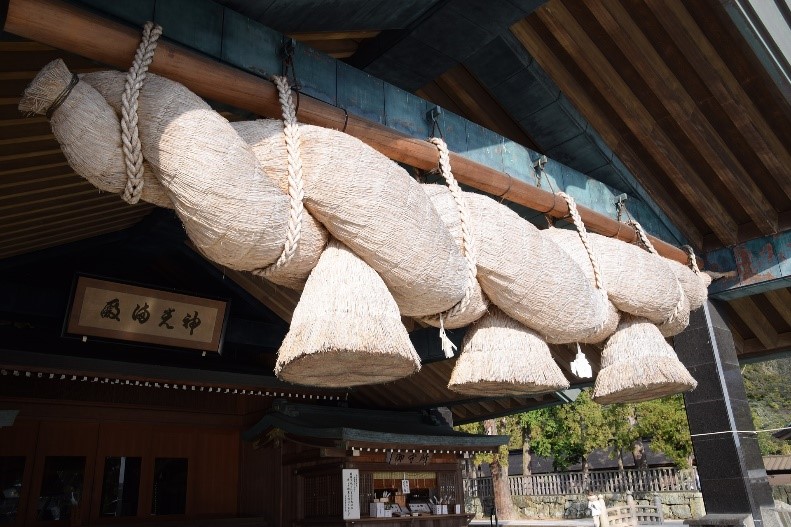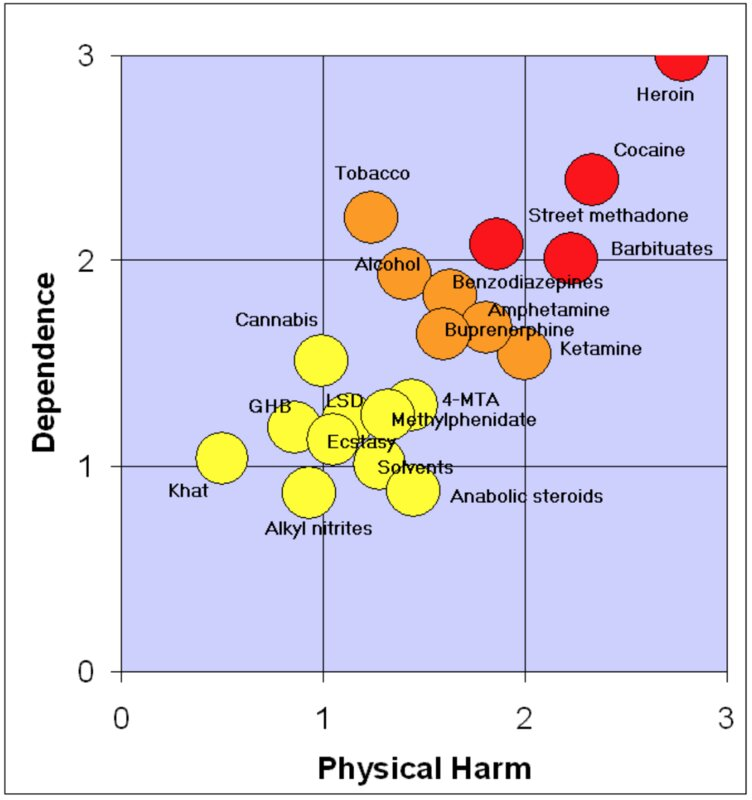Scenarios for Cannabis Legalization in Japan: A Consideration of the Possibility by Public Monopoly

In December 2020, the UN Commission on Narcotic Drugs (CND) voted on the WHO recommendation and cannabis was removed from the “most dangerous and of no medical value” classification in the Single Convention on Narcotic Drugs.
In this context, cannabis is currently being legalized or decriminalized worldwide. For example, Canada, Uruguay, some U.S. states, and even Thailand have lifted the ban on cannabis. Germany has also decided to legalize cannabis and is expected to become one of the most permissive countries in Europe in the future with its cannabis policy.
The Japanese government is also in the process of revising the Cannabis Control Law and other laws. The main content of this amendment is to allow the use of cannabis as medicine, while creating a “crime of use” that prohibits the use of cannabis (*1).
On the other hand, the scope of medical cannabis use in Japan is still limited compared to other countries.
Cannabis can be divided into three categories of use: medical, recreational, and industrial, and Japan’s initiative is only the first step in recognizing the limited use of medical cannabis.
However, cannabis has a long and deep relationship with the lives of people in Japan.
For example, it is known that marijuana has been used for the following items:
- – Sumo ropes for yokozuna wrestlers
- – Pain in folk medicine
(Figure: Shime-nawa (sacred rope) in shrines)

(Source: IZUMO GIFT)
Thus, cannabis was deeply connected to Japanese culture and tradition. However, in 1948, after the war ended, cannabis was suddenly banned by GHQ, and strict cannabis control laws were enacted.
Since then, the Japanese media and educational system have thoroughly implanted the message that cannabis is just as evil as other drugs.
Indeed, cannabis is not completely harmless to the human body; it is an addictive and harmful substance, just like alcohol, tobacco, and other drugs.
However, it is also pointed out that cannabis is less harmful than other drugs, tobacco and alcohol. The table on the harms of drug use published in The Lancet by Professor David Nutt of Imperial College London is well known.
(Figure: Drug dependence and physical harm)

(Source: Lancet)
These scientific evidence reviews on cannabis are the background for the current global trend toward the legalization of cannabis as mentioned above.
The process that led to the reclassification of cannabis by the UN included the following steps:
- -Call for third party review
- -Evaluation and recommendation by the World Health Organization’s Expert Committee on Drugs of Dependence (ECDD)
- -Recommendation and vote by the UN Commission on Narcotic Drugs (CND)
The third party that made this “call for third party review” was actually the Japanese government (*2).
There is currently an a priori aversion to cannabis in Japan.
However, as the traditional aspects of cannabis are re-evaluated and public acceptance of its necessity for epilepsy and other medical uses increases, the possibility of legalizing cannabis in Japan may become a reality in the not-too-distant future.
If the prohibition of cannabis for non-medical use were to be lifted in Japan, what would the market look like?
One possibility is that they could be sold by a public monopoly.
Looking back at the history of government monopolies in Japan, during the Edo period, a variety of items were monopolized to enrich clan finances, including rice, paper, coal, lacquer, special clothing materials, tea, and tobacco.
In 1948, a letter from GHQ to Prime Minister Hitoshi Ashida stated that a public corporation should be organized to conduct government business in tobacco, salt, and camphor for reasons of quality assurance, safety control, and public health, in addition to financial stability.
Likewise, it may not be long before a cannabis monopoly is established in Japan in the future.
*1 https://japannews.yomiuri.co.jp/politics/politics-government/20230125-86362/
*2 https://digitallibrary.un.org/record/655565?ln=en
Hiroyasu HARADA
Manager (Senior Analyst), Global Intelligence Group (GIG)



